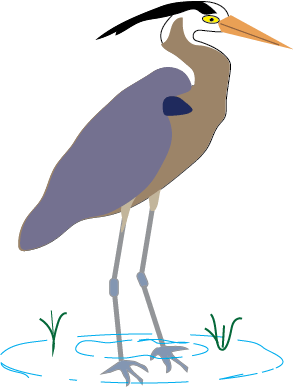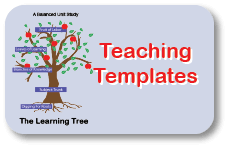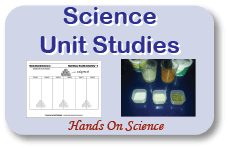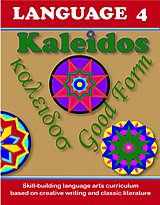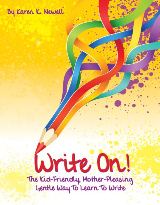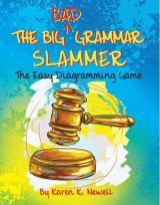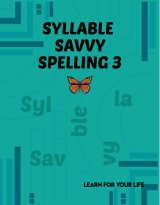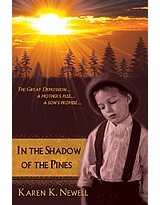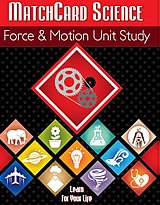The Writing Process
A dynamic writing process will help your students produce great writing.From start to finish - take it one step at a time.
Write the steps of the writing process for their age level on index cards. Hang them up from top to bottom on a door or shelf where they can be reminded of the step by step process involved in writing.
The Writing Process for Kindergarten to Second Grade

Experience - Discuss - Write - Copy a Corrected Model - Share
ExperienceGood writing starts with ideas, and at this age ideas begin with experience. An experience that captures her imagination makes a great topic for writing. You might like to check out some elementary writing prompts for experiences that kids like to write about.
Discuss
Listen to his or her ideas. Assist with finding words to express those budding ideas.
Write
Now the student needs to sit down and put the ideas that were discussed on paper.
Copy a Corrected Model
Don't down-grade for spelling mistakes too early in life. (You will need to in upper grades, but not now.)
On a different sheet of paper, correctly re-write the sentences using appropriate letter formation and mechanics for the age level. Have the students read the corrected model to you. This also promotes early reading, as they love to read and re-read their creations.
At another sitting, the student will re-write their words using the corrected model. Stress that this is the student's own ideas and writing.
Share
It's always a confidence builder to see one's writing appreciated by others.
The Process of Writing For Third to Eight Grade

Experience - Plan - Write - Edit & Rewrite - Present
Experience
In the early elementary years, experience is usually a concrete activity the student participated in. These type of experiences can be topics for writing in the later years as well.
In addition, the students have more abstract types of experience. Participating in a discussion, reading a book, watching a documentary - these types of events can be fertile ground for writing topics.
Plan
As their writing matures, their ability to plan and outline also develops. Use the four levels of writing in the Write On instructor's guide to guide them in planning their topic.
Write
It is easier to write if you have a plan. They may prefer to write on notebook paper or on the computer. Usually 20 to 30 minutes is considered a sufficient length of time for a single session of writing.
Edit and Rewriting
Once the first draft is over, students like to think they are done. They dread the chore of editing. It often helps to have them read it out loud to you the first time. They will catch many of their own mistakes. See the free instructors guide for more ideas on editing.
Present
All the work required of producing a masterpiece deserves more than just one reading from you. Encourage them to share their final copy with others and take ownership of their work.
The Writing Process For Mature Writers: High School and above
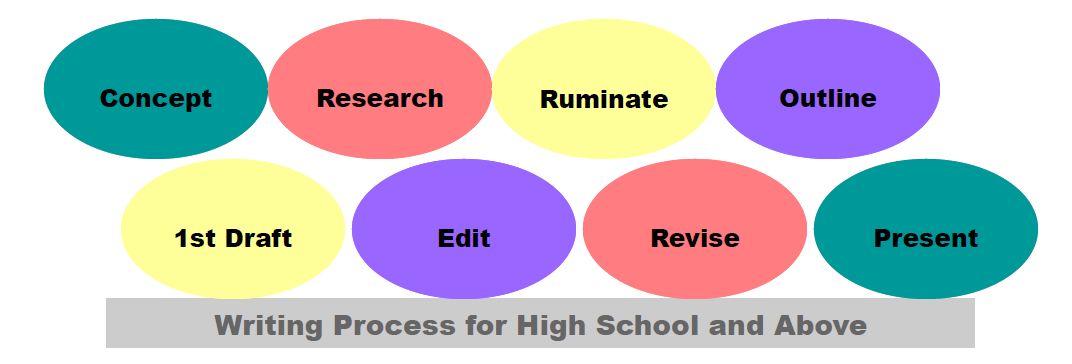
Concept - Research - Ruminate - Outline - Write Draft - Edit - Revise - Present
There are more steps at a more abstract level at this stage of development.
It starts with an idea they are interested in. Have they been reading about it? A hobby? Social cause? Historical era that changed something important? Their own knowledge and interests are the starting level for their writing.
Research
No matter how much they already know, it will almost always require more research. As the read and research, more ideas and concepts accumulate.
Ruminate
It takes some time and thought to "digest" all they have researched and added to what they previously knew. What main idea or theory would like they to develop? What new ideas have presented themselves? Did their latest reading confirm or disagree with some of their previous ideas?
Outline
They will never get away from this step. It is the difference between a well put together written presentation and disorganized group of paragraphs.
Write the First Draft
Once they have researched their material and organized the content, the writing begins. At this age, a word processor is extrememly beneficial. It will make the editing and rewriting faster and easier.
Editing
Hopefully, years of practice will have improved their editing skills. If you find they make particular errors (such as spelling or run-on sentences) they should have one re-reading of their paper just looking for that error.
Revisions
Some of this is done as part of the editing process. Some of it is done to clarify concepts that were not developed clearly the first time.
As their paper takes shape, new ideas emerge and can be incorporated. The writing process is dynamic from start to finish.
Presentation
Leave time to create the final presentation. A professional appearing project will be received much better.
Homeschool Writing Curriculum
The Yellow Book Kids Love
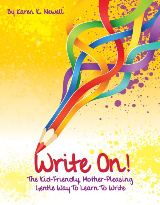 Here is an economical and kid friendly writing curriculum that streamlines your teaching. It combines creative and academic writing with strong paragraph development.
Here is an economical and kid friendly writing curriculum that streamlines your teaching. It combines creative and academic writing with strong paragraph development.Filled with lots of fun writing ideas, it will motivate your students to put their own thoughts on to paper.
About Our Site
Hands-On Learning
